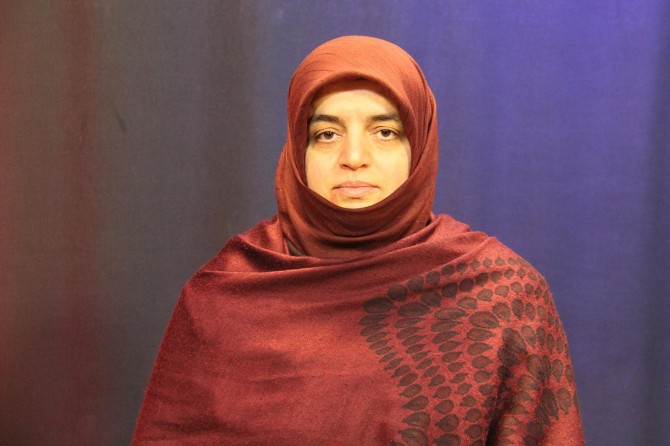
A poor-character youth emerged because they kept us out of education
Aysel Yasar, who was forced to leave the university because of the pressures on February 28 [postmodern coup], stated that a poor-character youth emerged because religious people were kept away from education.
After the extraordinary meeting of the National Security Council on 28 February 1997, when the late Necmettin Erbakan was prime minister, the period that would write its name as a black spot in history started in Turkiye.
In the process of February 28, where religious people were targeted by the dirty alliance of judicial, bureaucratic, media and capital components led by military tutelage, dirty scenarios were implemented and games were played against the Muslim people who were living in accordance with their faith.
Aysel Yaşar, who was studying in the Chemistry Department of the Faculty of Science of Dicle University in Diyarbakır at that time –that said will last for a thousand years- was subjected to various difficulties in order to remove her headscarf, while she wore as required by Allah's command.
Yaşar, who did not compromise her faith and did not allow the verses of Allah to be taken underfoot, had to leave her education at Dicle University.
Yaşar, who is the representative of the 28 February Women's Platform of Diyarbakır, a southeastern province of Turkiye, which was established to be the voice of the victims like herself, told ILKHA about the difficulties experienced at that time.
Yaşar stated that they had not been admitted to schools since the ban on headscarf began. "This ban implemented all over Turkiye. When we enter the classes by wearing headscarves, staffs would not let us in, saying, 'you cannot enter the classes in this way. It's illegal for us to let you in," we were expelled from the classes, and we were offended."
Saying that no pressure had discouraged them Yaşar underlined that, "We did not remove our headscarf, but the supporters of Fethullah Gülen, which we call FETO, removed their headscarf with a fatwa from Gülen during the forbidden process. Our resistance was broken thoroughly. It was more painful to me."
Aysel Yaşar noted that she had suffered more, rather than the ban, because of the disrespect they [FETO members] have shown in the hijab, by removing their headscarf and break the resistance.
Underscoring that they did not concede to those who wanted them to remove their headscarf and put pressure on them. "Our psychology deteriorated, and we could not get over the trauma we have experienced for years."
ILKHA



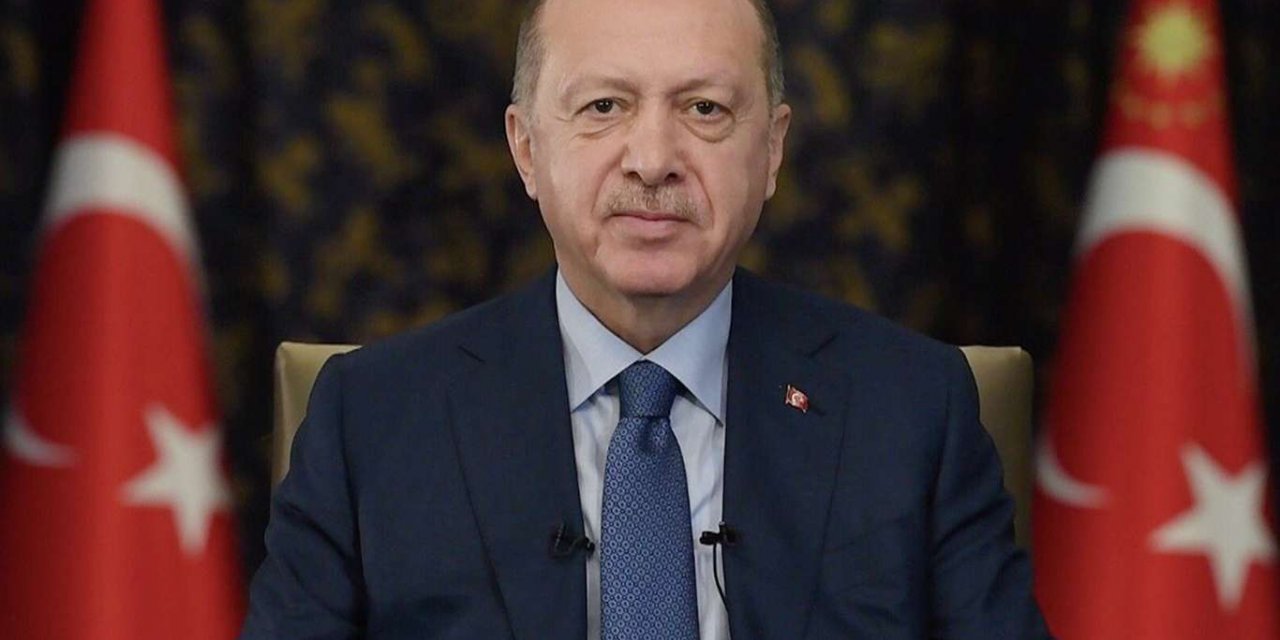

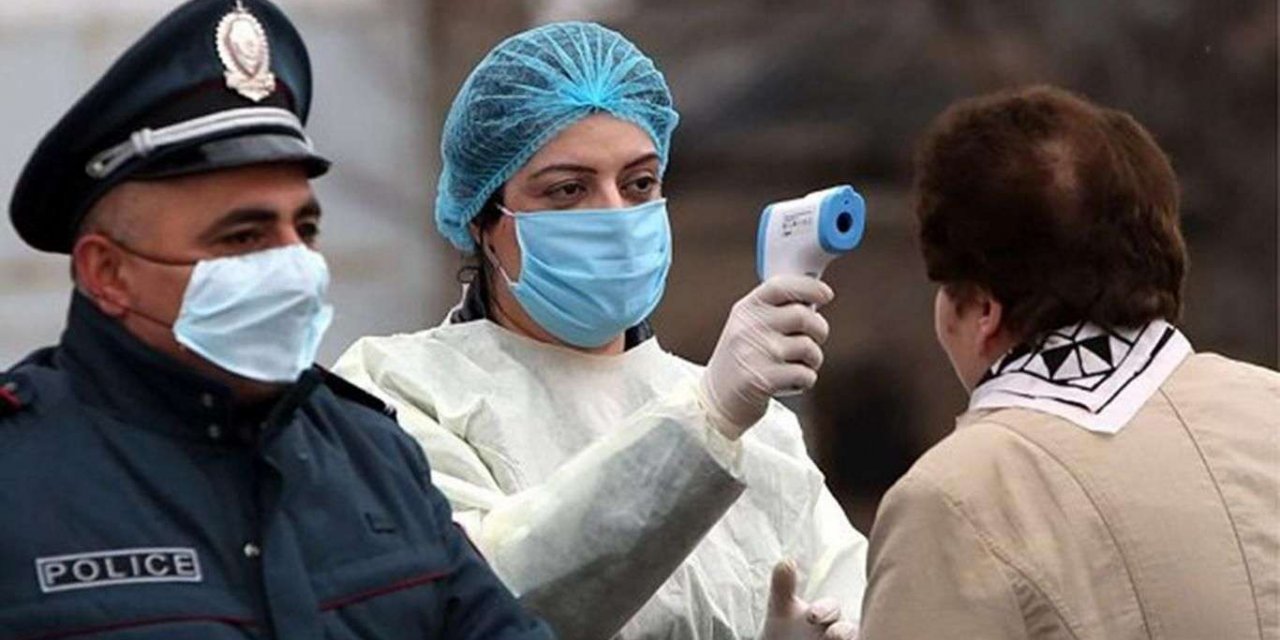
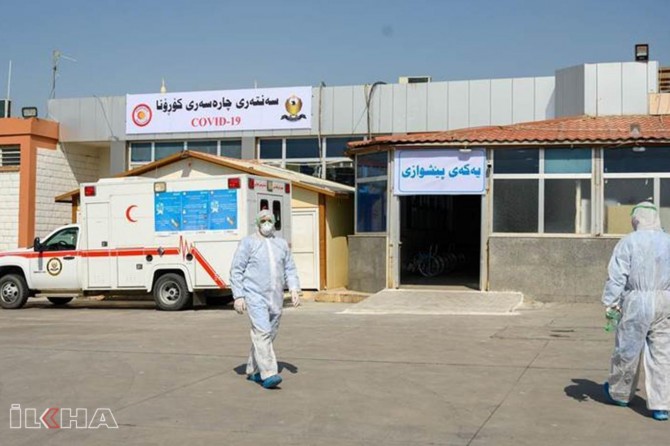

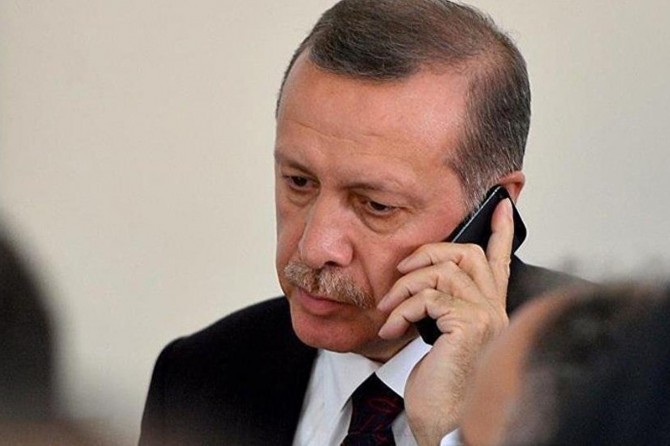
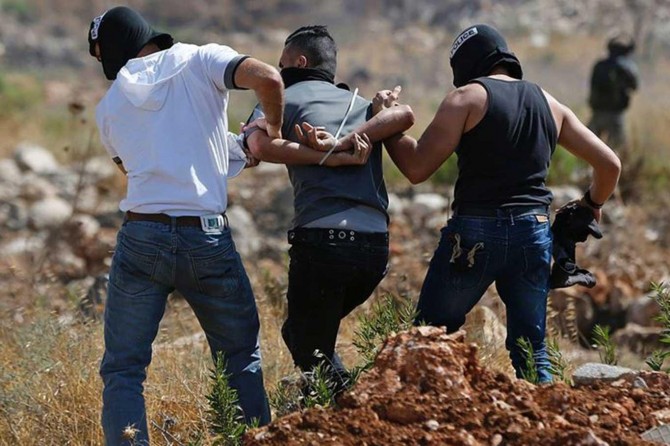
Türkçe karakter kullanılmayan ve büyük harflerle yazılmış yorumlar onaylanmamaktadır.